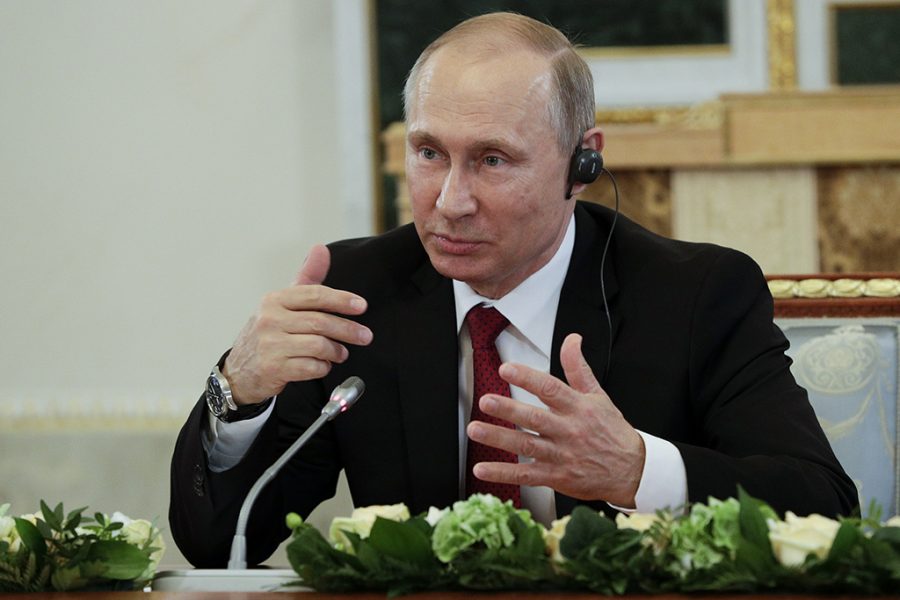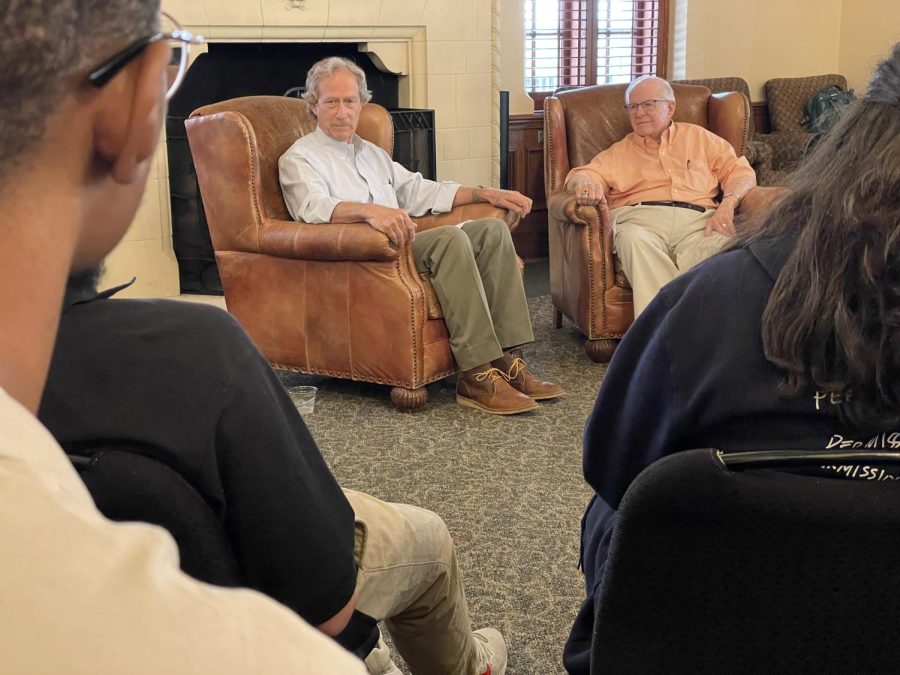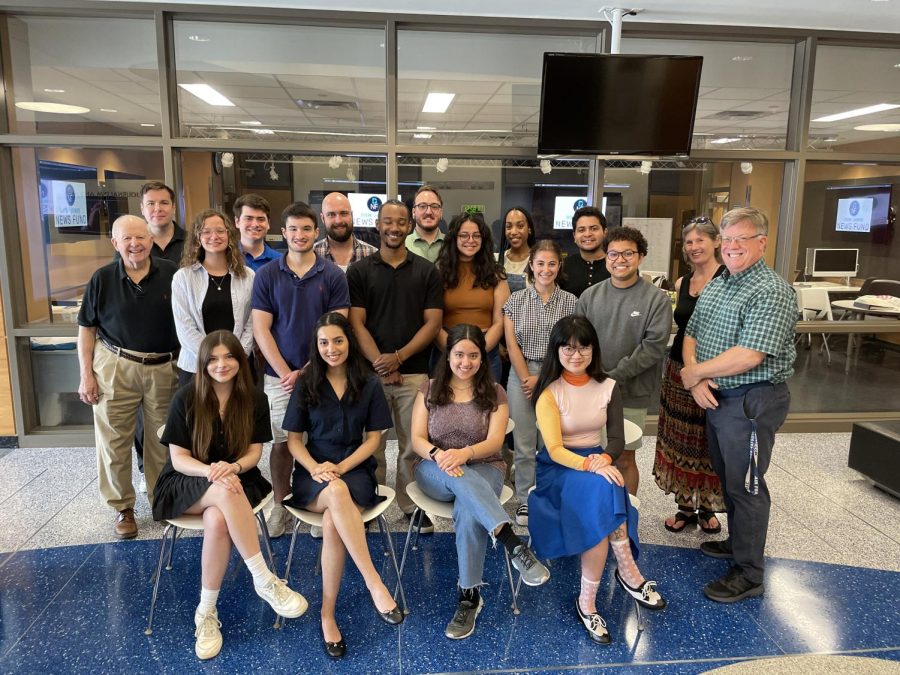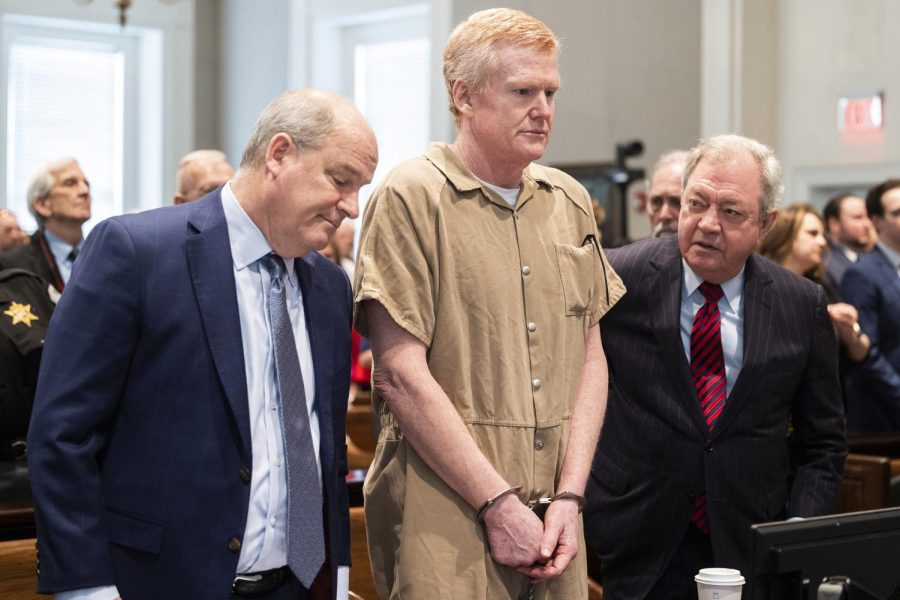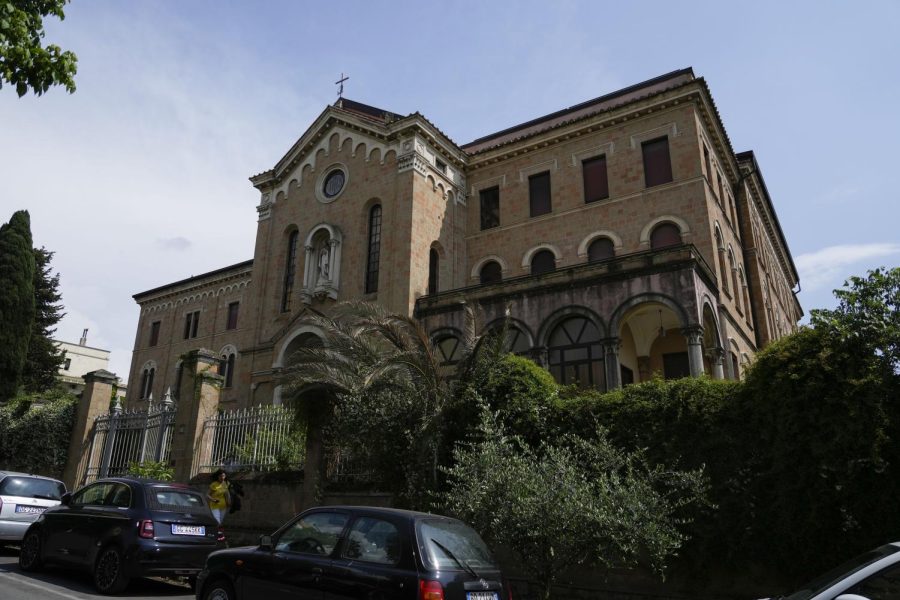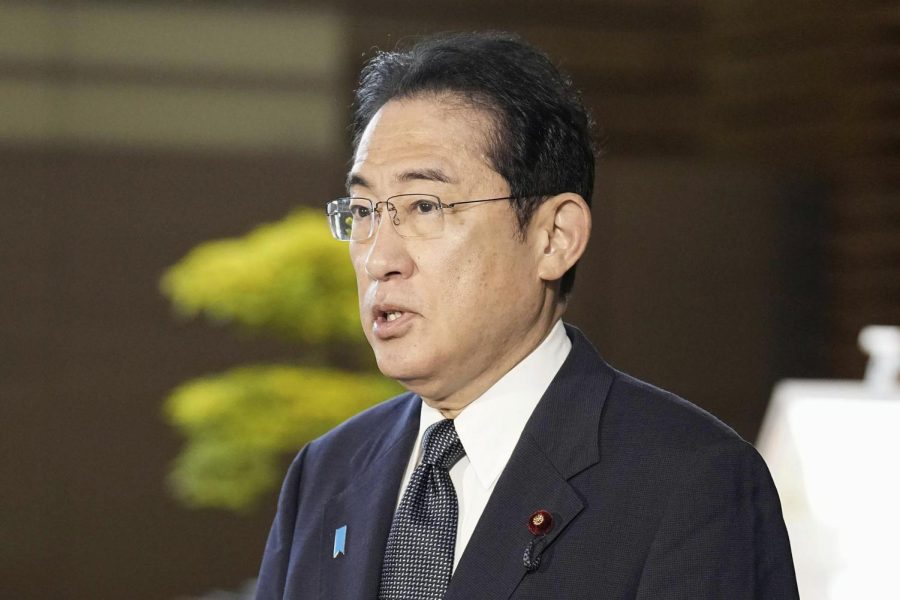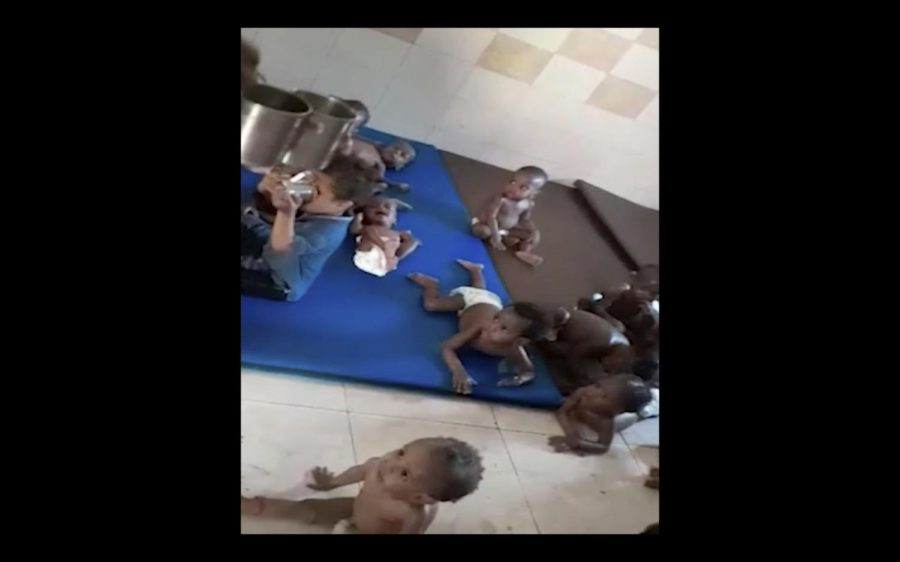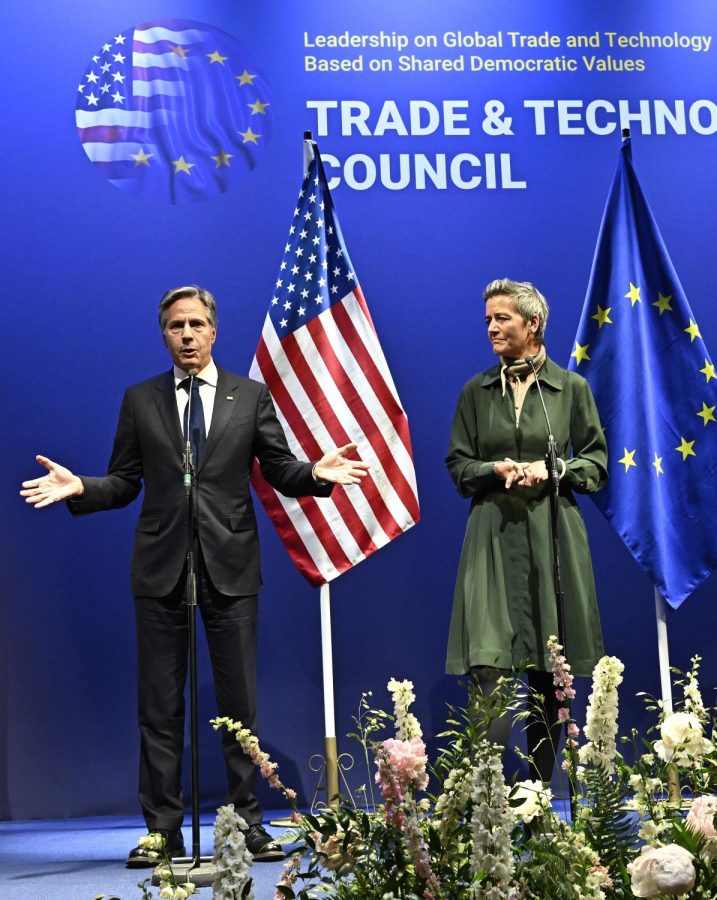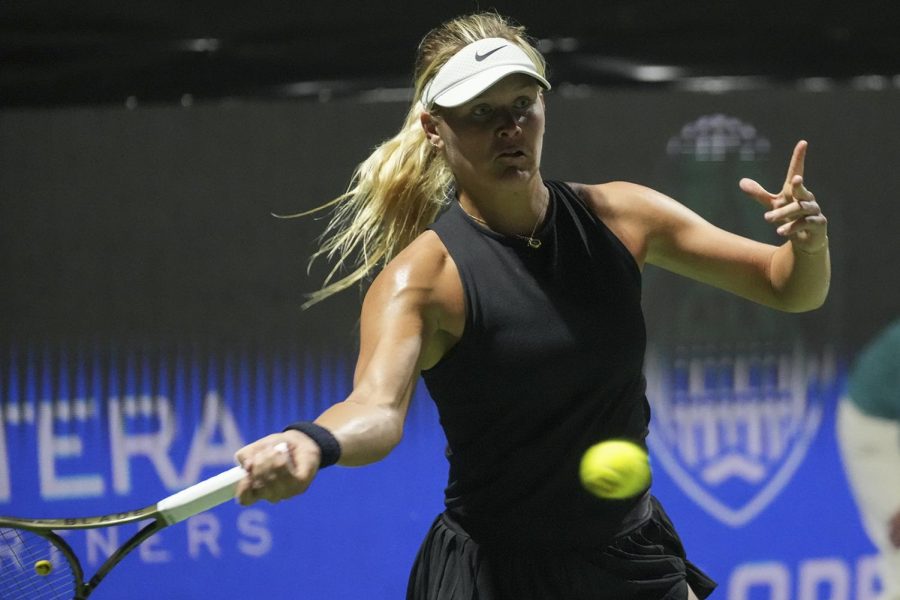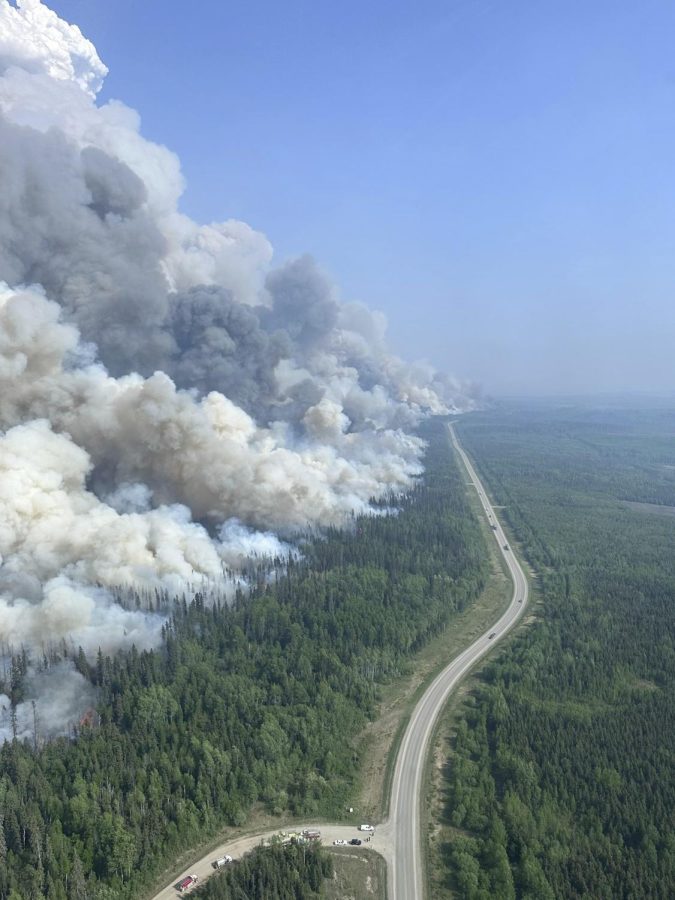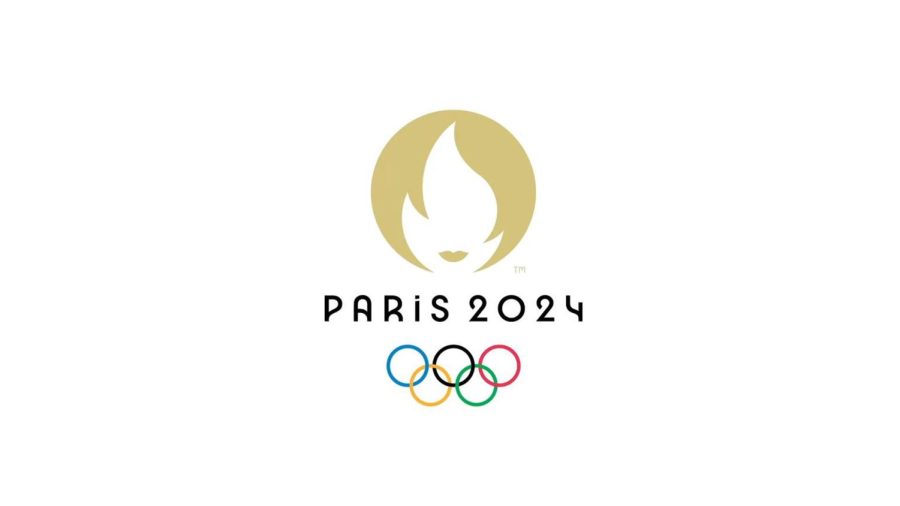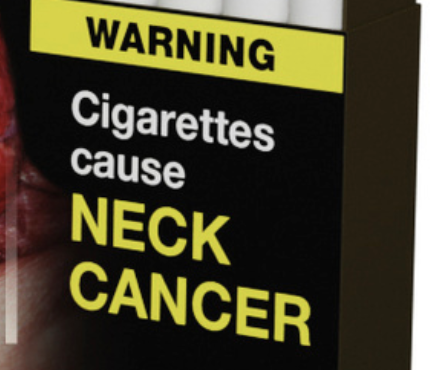ASSOCIATED PRESS
Cyberspace is at risk of “permanent war” between states and criminal or extremist agents because of increasingly destructive hacking attacks, the head of the French government’s cybersecurity agency warned on June 1.
In an interview with The Associated Press, Guillaume Poupard lamented the lack of agreed rules to govern cyberspace. “We must work collectively; not just with two or three Western countries, but on a global scale,” Poupard said.
“With what we see today — attacks that are criminal, from states, often for espionage or fraud but also more and more for sabotage or destruction — we are getting closer, clearly, to a state of war, a state of war that could be more complicated, probably, than those we’ve known until now,” he said.
In recent years, hacking has emerged as a potential threat to Western democracies. U.S. intelligence agencies suspect Russia has orchestrated hacks designed to interfere with elections in the U.S. and France.
Last summer, hackers targeted the Democratic Party’s emails. And on May 7, documents from French President Emmanuel Macron’s campaign were leaked, two days before France held its runoff election.
Russian President Vladimir Putin has staunchly denied state involvement in both cases, but said on June 1 in a meeting with leading international news agencies that some “patriotic” individuals may have engaged in hacking. He added it was “theoretically possible” that Russia-West tensions could have prompted individuals to launch cyberattacks.
“Hackers are free people, just like artists who wake up in the morning in a good mood and start painting,” Putin said.
Even though U.S. intelligence agencies warned of “Russian activity” before Macron’s win, Poupard said a French investigation found no trace to APT28 — identified by the U.S. government as a Russian intelligence outfit and blamed for hacking the U.S. election campaign, anti-doping agencies and other targets.
Poupard described the Macron campaign hack as “not very technological,” saying “The attack was so generic and simple that it could have been practically anyone.”
Without ruling out the possibility that a state might have been involved, he said the attack’s simplicity “means that we can imagine that it was a person who did this alone. They could be in any country.”
Regardless of who the culprit of the Macron hacks might have been, Putin argued that hackers, wherever they come from, can’t sway election outcomes. Public opinion, he said, isn’t that easy to manipulate.
“No hackers can have a radical impact on an election campaign in another country,” adding that “no information can be imprinted in voters’ minds, in the minds of a nation, and influence the final outcome and the final result. No hackers can influence election campaigns in any country of Europe, Asia or America.”
But the French government is taking the threat of hacks seriously.
“Unfortunately, we now know the reality that we are going to live with forever, probably,” Poupard said.
He said France suffers “about 20” very serious attacks each year — “very serious means that they shouldn’t have happened and the impacts were very serious for the entire nation.”
The techniques used by hackers to disguise their location makes pointing fingers a dangerous approach.
“If you start to accuse one country when in fact it was another country … we’ll get international chaos,” he said. “We’ll get what we all fear, which is to say a sort of permanent conflict where everyone is attacking everyone else.”
Putin said he laments accusations leveled against his country, and his comments on Thursday echoed Poupard’s warning against blaming countries for cyber attacks. He alleged that some evidence pointing at Russian hackers’ participation in cyberattacks — he didn’t specify which — could have been falsified in an attempt to smear Russia.
“I can imagine that some do it deliberately, staging a chain of attacks in such a way as to cast Russia as the origin of such an attack,” Putin said. “Modern technologies allow that to be done quite easily.”
Russia’s relations with the West have been at post-Cold War lows over the Ukrainian crisis. The U.S. and the EU have slapped Moscow with sanctions over its annexation of Ukraine’s Crimean Peninsula and support for a pro-Russia insurgency in eastern Ukraine.
Relations have additionally suffered from U.S. intelligence allegations of Russian hackers meddling in elections.
“Russo-phobic hysteria” in the U.S. makes it “somewhat inconvenient to work with one another or even to talk,” Putin said, adding that “someday this will have to stop.”


